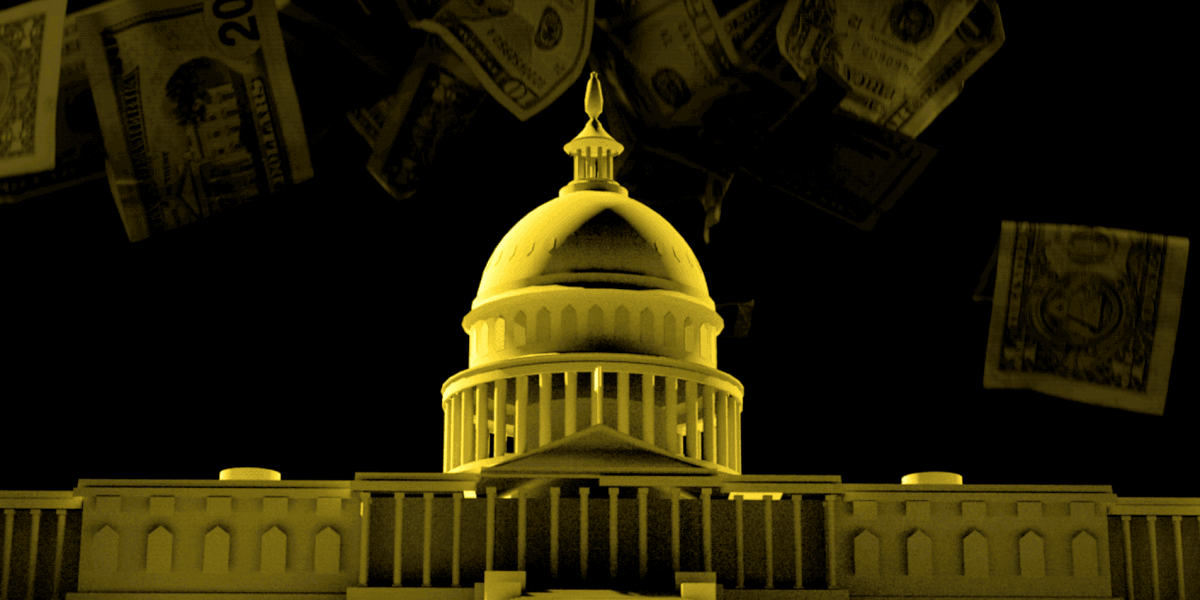The Los Angeles Fire Department (LAFD) disclosed it was struggling to implement a massive $48.8 million budget cut forced on it by the city’s Democrat mayor, Karen Bass, just days before catastrophic wildfires broke out earlier this week. A leaked January 6 department memo states the LAFD believed a worst-case budget scenario—meaning no relief from the mayor—would result in the closure of upward of 16 fire stations.
On January 8, several major wildfires broke out in the greater Los Angeles metro area and quickly raged out of control. In a matter of days, the fires have burned tens of thousands of acres, and the largest two—in Pacific Palisades and Altadena—remain zero percent contained.
Wow. Leaked memo reveals LA Mayor Karen Bass demanded the fire department cut $48.8 million from their budget just days before the fires broke out! pic.twitter.com/YzsG4T96y5
— Libs of TikTok (@libsoftiktok) January 10, 2025
Despite the leaked memo and numerous media stories detailing that at least $17 million was already cut from the LAPD’s budget, Mayor Bass’s Democratic Party allies have tried to obfuscate the funding reductions.
Victor Shi, one of the former staffers who managed the social media account for Kamala Harris’s presidential campaign, falsely claimed on X (formerly Twitter) that Bass had actually increased the LAFD budget by $50 million.
Notably, of the initial $17 million budget cut in 2024, $7 million of it came from reductions in overtime pay, as well as fire prevention and training programs. Fire budgets have also been diverted to diversity, equity, and inclusion initiatives in recent years.
For fact’s sake: There was NO $17 million cut to the Los Angeles Fire Department budget this year. In fact, there was a $50 million INCREASE in the Los Angeles Fire Department. Cold, hard facts. Full stop. Period.
To those who spread misinformation: issue corrections. Now.
— Victor Shi (@Victorshi2020) January 9, 2025
Even more troubling, the Los Angeles emergency alert system appears to no longer be under the control of government officials. In the last 24 hours, several inadvertent alerts have been sent out across the metropolitan area with false evacuation notices. Late Thursday evening, a notice went out to the entirety of Los Angeles County incorrectly telling all residents to evacuate.
It is currently unknown if the technical problems faced by the alert system also stem from budget cuts enacted by Mayor Bass.
show less🚨 WTF?! LA County just admitted they’ve LOST CONTROL of their emergency alert system
You can even hear one going off in the room as the Emergency Management Director speaks
MILLIONS of people are getting erroneous alerts telling them to evacuate, even if they’re 10+ miles from… pic.twitter.com/CGzOMt9DBT
— Nick Sortor (@nicksortor) January 10, 2025









